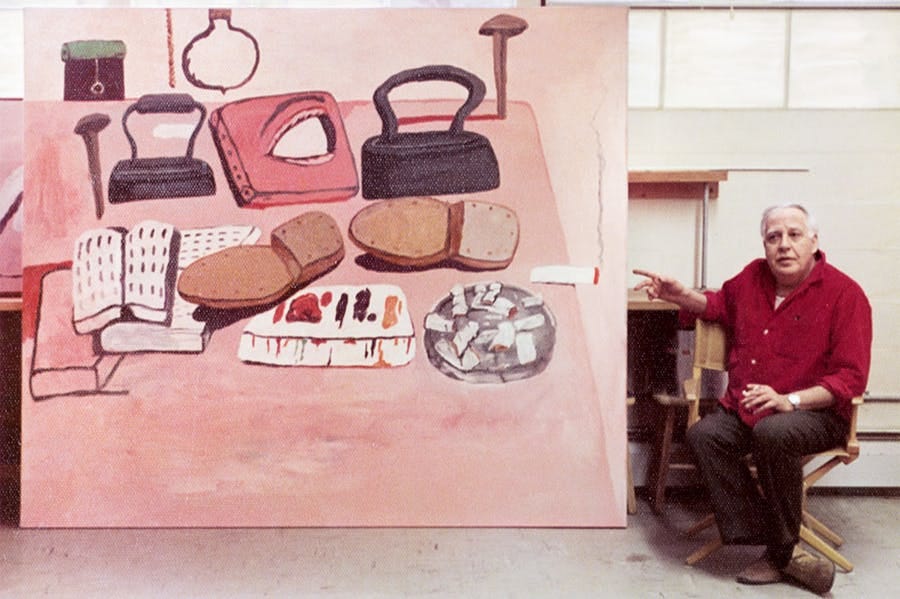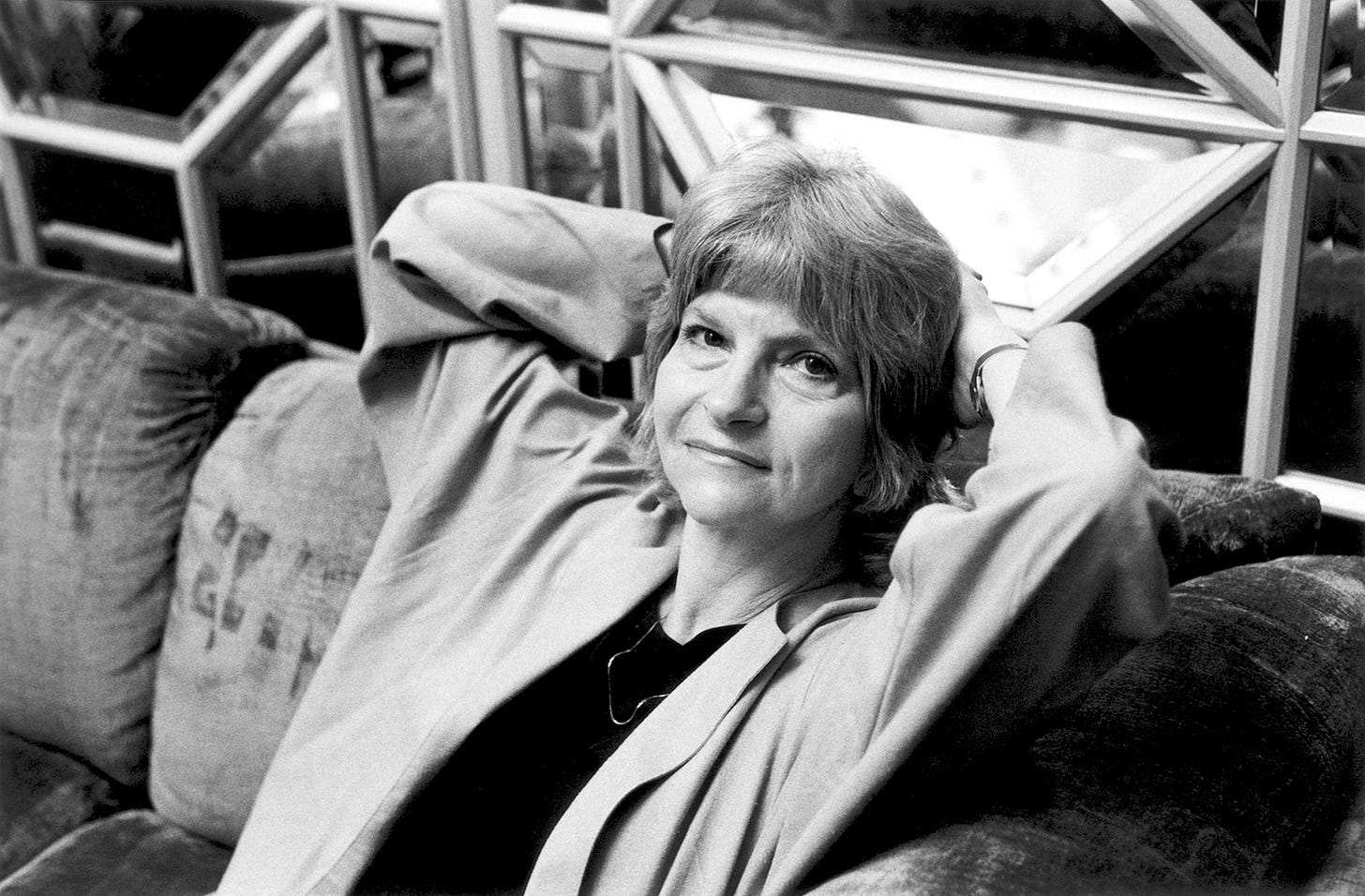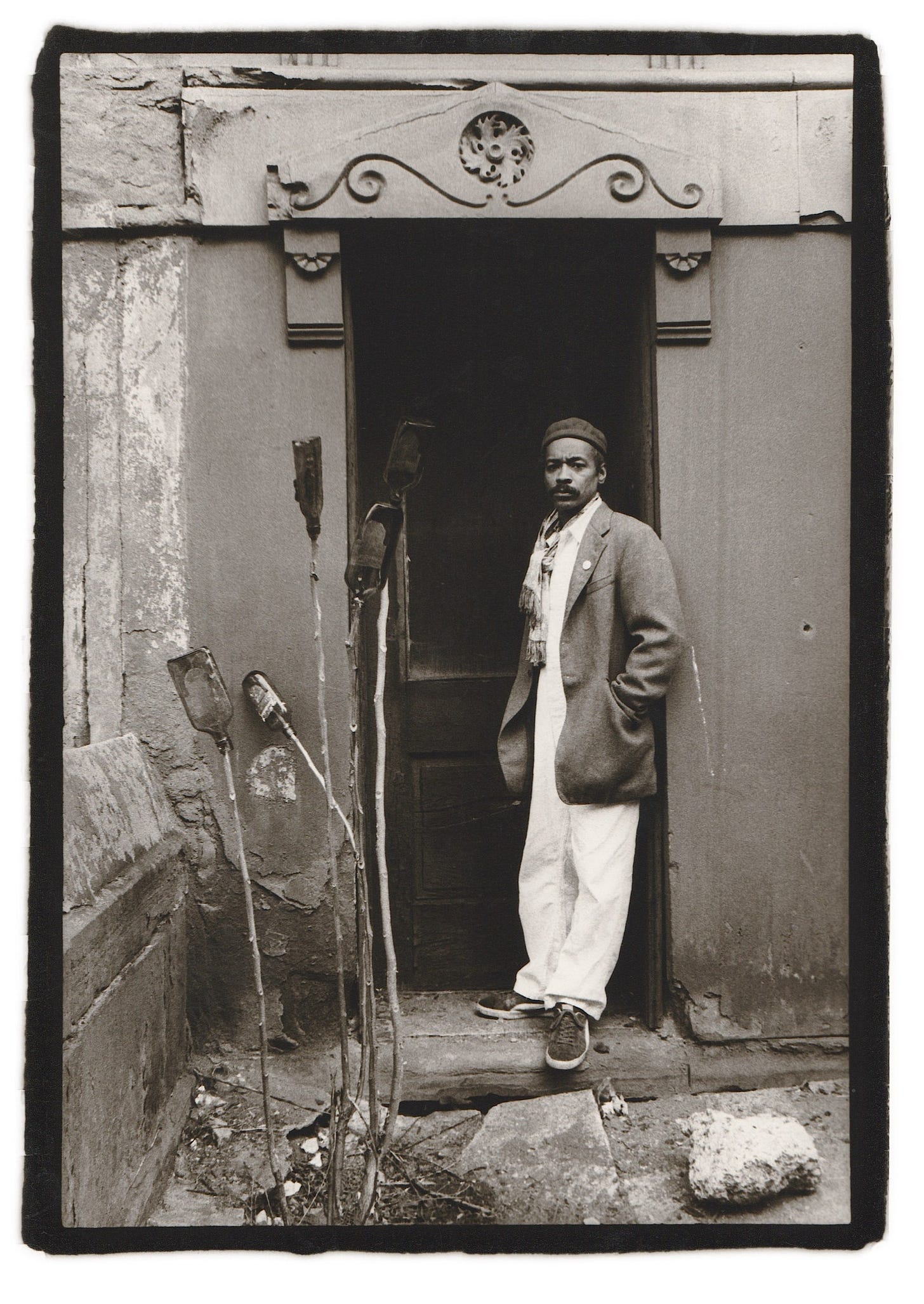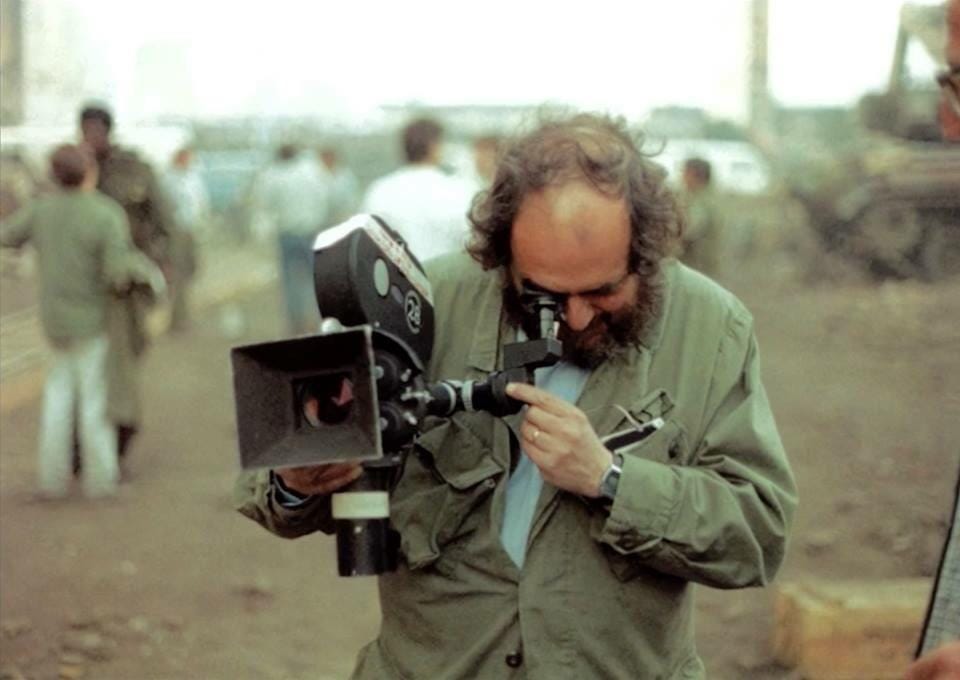Subtle inspiration: a grab bag
Kubrick’s willpower, Nicole Eisenman’s mantra, Baldessari’s “Johnisms,” and other nuggets from my move-scattered brain
Welcome to the latest issue of Subtle Maneuvers. Normally, I devote each issue to an individual creator and some aspect of their creative process and/or struggle. But last week I was too busy packing up our apartment for a crosstown move to do my usual deep-ish dive. As part of the packing process, however, I did spend some time flipping through a mountain of old New Yorkers, New York Reviews of Books, and Artforums to see what articles should be torn out for my files before recycling the rest. Along the way, I ran across several quotes and anecdotes that sung out to me with brilliance, wittiness, vividness, or something-else-ness that I thought I would share with you all here.
The painter Philip Guston on what bored him
“What bores me,” he said in 1974, “is to see an illustration of my thought. . . . I want to make something I never saw before and be changed by it. So that I go in the studio and I see these things up and I think, Jesus, did I do that? What a strange thing.”
Quoted in Susan Tallman, “Philip Guston’s Discomfort Zone,” New York Review of Books, January 14, 2021. Photo via Apollo.
Alison Lurie on her motivation for writing novels
According to the writer Phyllis Rose, Lurie once described her motivation as follows:
“You have an impulse to interfere in people’s lives, but you don’t want to interfere in the lives of your family and friends because that’s not right, so you interfere in the lives of imaginary people.”
Quoted in Claire Messud, “Alison Lurie (1926–2020),” New York Review of Books, January 14, 2021. Photo by Dominique Nabokov from the same article.
David Hammons on the worst way to see art
“The worst thing in the world is to say, ‘well I’m going to see this exhibition.’ The work should instead be somewhere in between your house and where you’re going to see it, it shouldn’t be at the gallery. . . . That’s why I like doing stuff better on the street, because the art becomes just one of the objects that’s in the path of your everyday existence. It’s what you move through, and it doesn’t have seniority over anything else.”
From a 1986 interview with Kellie Jones, quoted in Peter L’Official, “On the Waterfront,” Artforum, May 2021. Photo by Dawoud Bey via the New Yorker.
Stanley Kubrick’s drive as a filmmaker
Paul Mazursky, to whom Stanley Kubrick gave his first substantial role in Kubrick’s own first feature film, Fear and Desire (1953), recalls their driving together on a mission to hit up the young director’s uncle for a loan to finance the film. “I’m gonna get the money from him no matter what—I can tell you that right now,” Kubrick said. “And he spat on the windshield from inside the car.” Some sixty years later, Michael Herr, the author of the Vietnam memoir Dispatches and collaborator with Kubrick on Full Metal Jacket (1987), wrote, “You’d have to be Herman Melville to transmit the full strength of Stanley’s will.”







